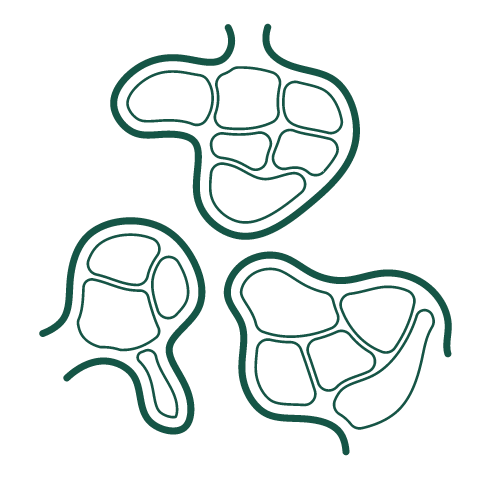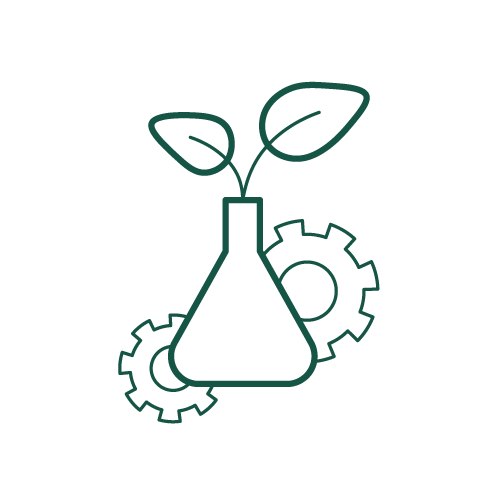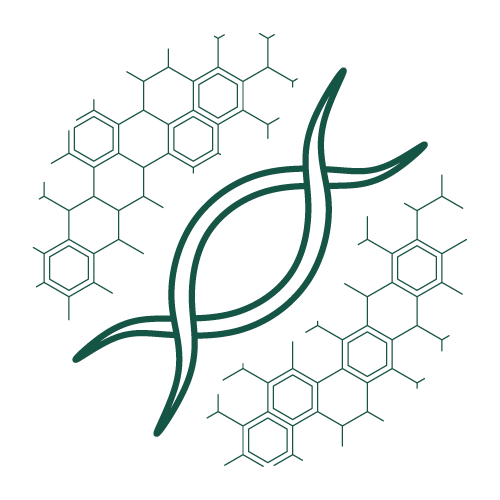
OUR MISSION
We aim to understand signaling events that lead to the formation of cellular condensates, and how condensates contribute to plant stress response and tolerance

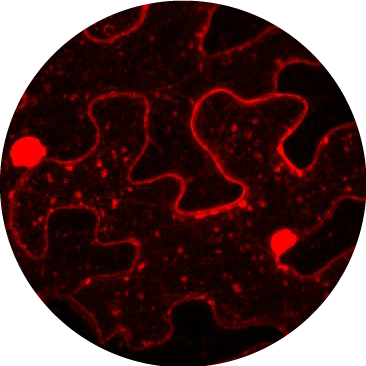
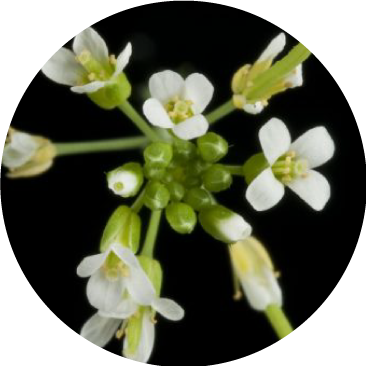
WHAT ARE STRESS GRANULES?
Stress Granules (SG) are a type of condensate that form in response to environmental stress which represent a sophisticated mechanism that cells use to transiently recruit and compartmentalize stress specific mRNA, proteins, and metabolites. Our group is focused on elucidating Stress Granule biogenesis including assembly, disassembly, and composition under heat, low oxygen, salt, and osmotic stress.
OUR TOOLS
We start by focusing on model plant Arabidopsis with parallel work on crops such as rice and tomato. Our approach uses cutting-edge biochemical and molecular biology tools, forward and reverse genetics, omics, and developing novel, single molecule imaging technologies. The second area of our research is the study of stress-signaling pathways through identification of stress-specific, small molecule-protein interactions. Our aim is to find novel stress specific interactions to find the missing piece in cellular signaling under different environmental stresses. We do this by using newly developed separation technologies combined with the most recent techniques for protein-metabolite interaction such as Thermal Proteome Profiling (TPP), Drug Affinity Responsive Target Stability (DARTs).

NEWS
05 December, 2025
KAUST Triathlon winner 2025
Giulia Bennici, PhD student in Stress Granule Lab, won KAUST Olympic Triathlon 2025!
15 August, 2025
SRSI program 2025
Student Lana Nouri participated at SRSI program 2025 in the Stress Granule Lab.
06 May, 2025
Malavika´s MS defense
Malavika MuraleeDharan, her MS Thesis Defense in Stress Granule Lab.
Deciphering UBP1C Function: Phase Separation, RNA Binding, and Its Role in Plant Stress Responses
28 April, 2025
Fatema´s PhD. defense
Fatema Alquarish, our first PhD. defense in Stress Granule Lab.
Deciphering the Role of Biomolecular Condensates in Plants
15 August, 2024
WISER 2024
Students Yomna and Habiba participated at WISER 2024 summer program in the Stress Granule Lab.
09 June, 2023
Presentation Award for our Postdoc Nicolas Figueroa Fuentealba
The 33rd International Conference on Arabidopsis Research in Japan and Presentation award for our Postdoc Nicolas.
02 November, 2023
Prof. Daan Weits visited KAUST
Molecular plant biologist Prof. Daan Weits from the Utrecht University visited KAUST to give us a talk on the topic "Low oxygen, key ingredient of the plant stem cell niche".
10 October, 2021
People of KAUST: Fatema Alquraish
Fatema Alquraish is a student in the Stress Granule Lab of the Center for Desert Agriculture at KAUST. She is also an engaged community member and the first Saudi national to earn a leadership role in the KAUST Volunteer Fire Department (KVFD).
